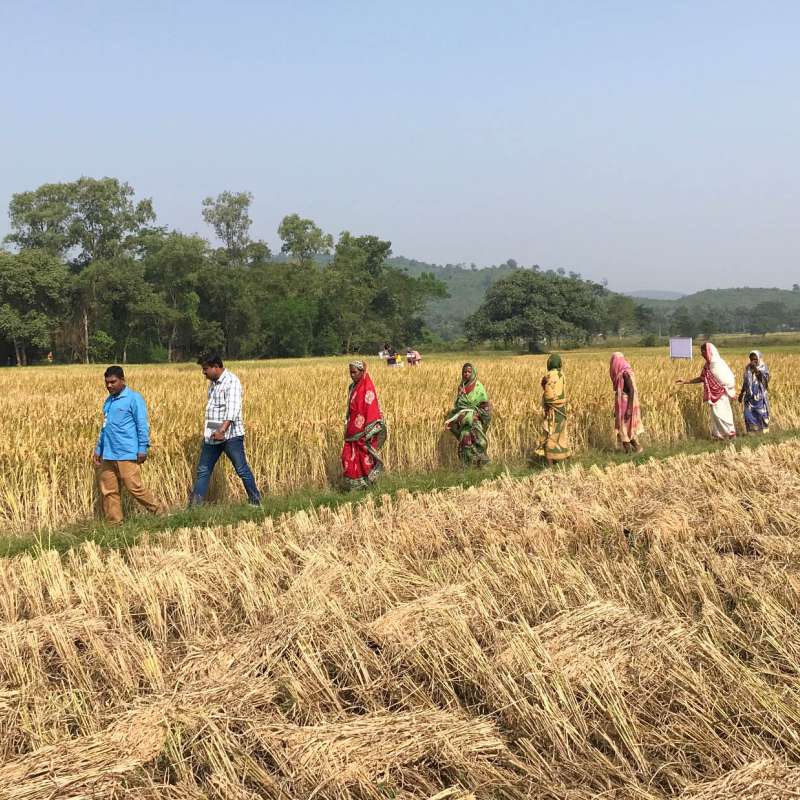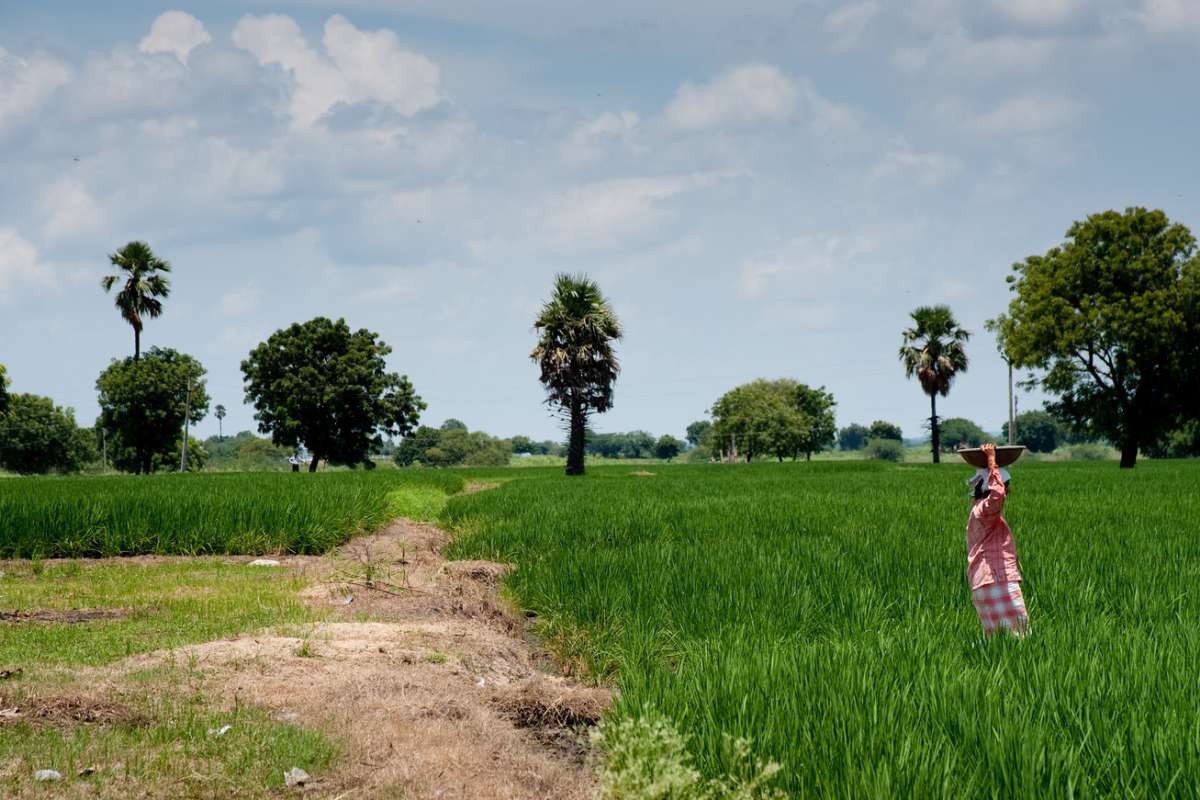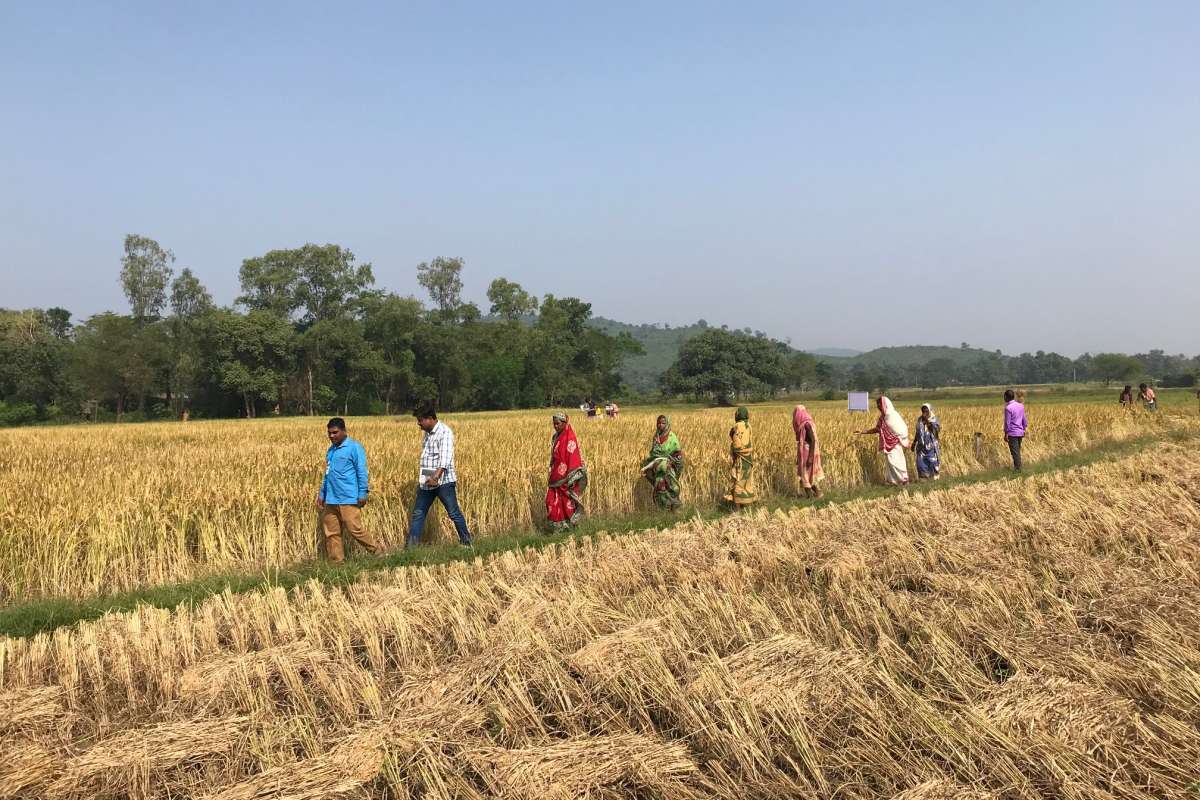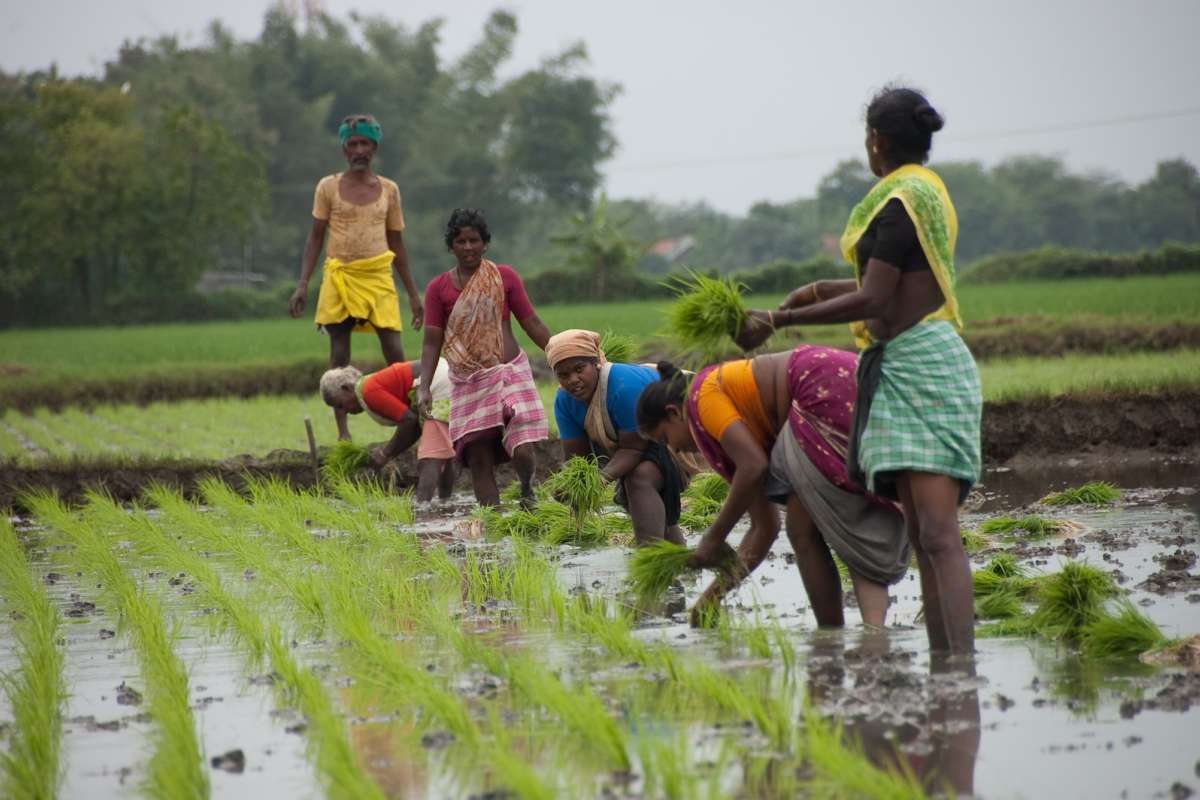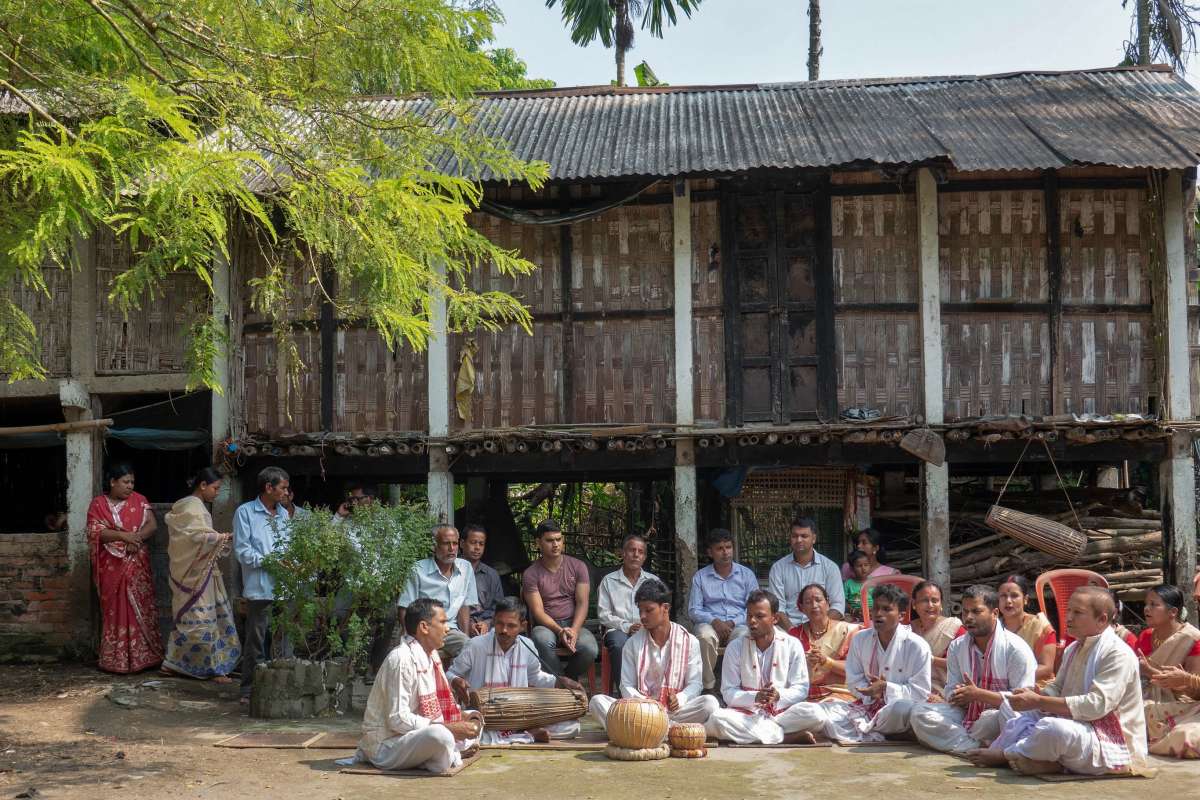Higher yields and more income for Indian smallholders
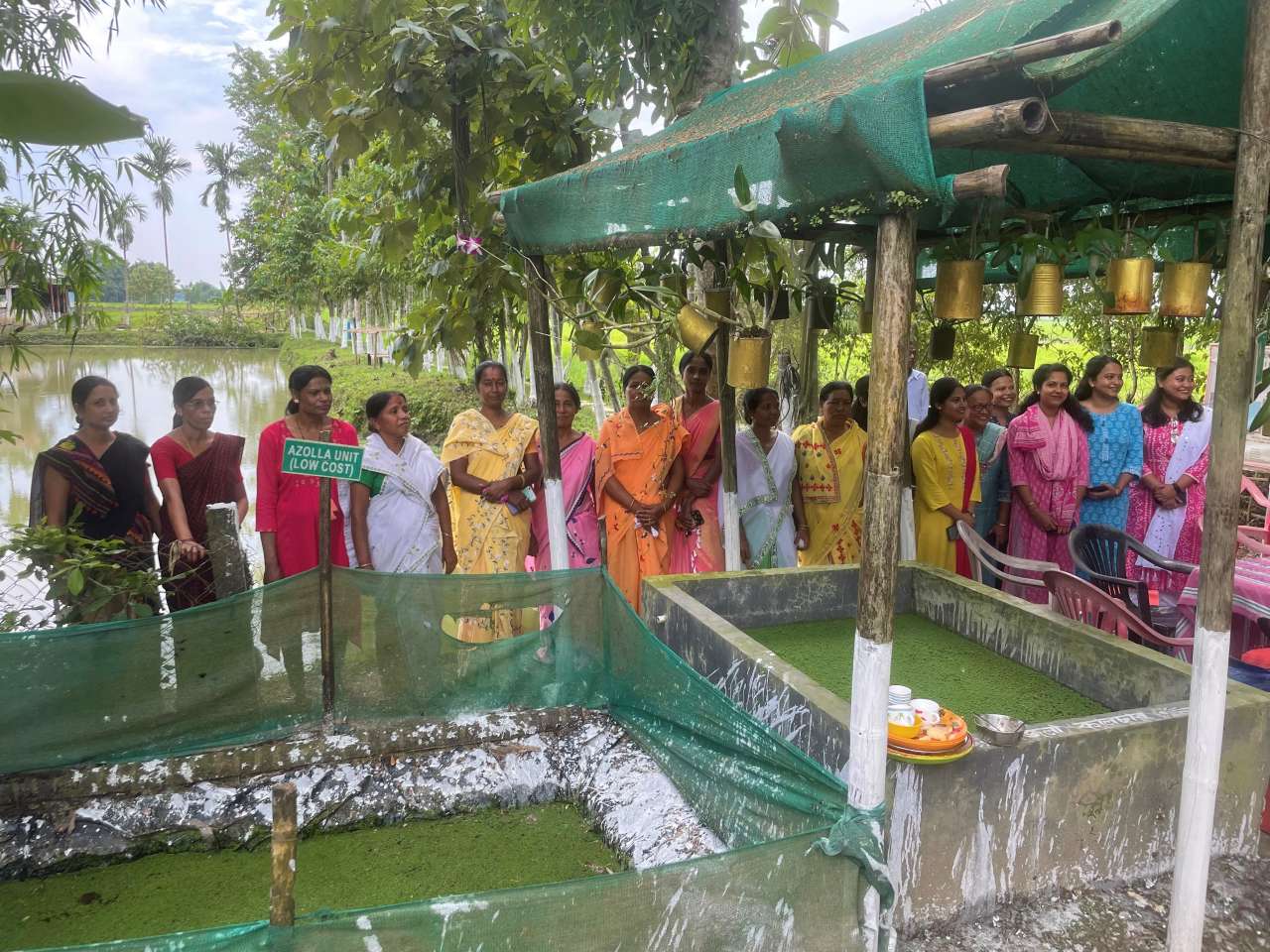
Integrating women in the climate initiatives is a top priority for the Resilience project. Photo: Resilience
The NIBIO-coordinated Resilience project is having a positive impact on the livelihoods of Indian smallholders in Odisha and Assam states. The farmers involved are among other things experiencing increased rice yields, higher household income and improved water productivity.
The overall goal of the Resilience project is to improve agricultural productivity, climate resilience, adaptive capacity and livelihoods of Indian smallholders. The project, which was initiated in 2018 and has recently been extended to 2024, is ongoing in the two states of Odisha and Assam, located in the east and northeast of India.
For the first time since the Covid restrictions were lifted, an onsite all partners annual meeting was organized by the Resilience project in November 2022. The objective of the meeting which took place in Assam, India, was to evaluate the impact of the climate smart rice related interventions carried out in the project areas.
Overall, the feedback from the Norwegian Counsellors, Marit Marie Strand and Beate Langset from the Royal Norwegian Embassy in Delhi was positive towards the work progress and the impacts it has made on the farmers’ livelihoods, namely improving their household income, rice productivity and climate resilience.
Climate smart flood tolerant short duration rice and seed production
So far, the project work has resulted in several climate smart agriculture technologies, tools and apps being validated for upscaling.
Among others is the promotion and cultivation of a climate resilient and flood tolerant rice variety called Ranjith sub-1 by farmers in the region. At the same time, the farmer-led seed production has been made possible through a public private partnership in Golaghat district of Assam state, with the support of Assam Agricultural University.
“A major outcome of this partnership supported by Resilience is the production of 2000 tonnes of the flood tolerant seed by farmers, making it more easily accessible to other farmers,” project coordinator Dr. Udaya Sekhar Nagothu says.
To strengthen precision-based soil, nutrient, pest and water management in rice crops, digital tools/apps have been developed. So far, tools such as RiceNxpert, Rice Crop Manager, Customized Leaf Color Chart are showing promising results. There is, however, a need for more targeted farmer trainings and support to use the tools in field.
Purple rice
Another variety that has been cultivated by the farmers involved in Resilience, is purple rice. This local variety has a high market preference, among other reasons due to its health benefits.
“The product is now commercially available for purchase in the market,” Dr. Nagothu says. “It fetches 7-8 times more income per unit than other varieties, which demonstrates how value chain enhancement in rice can be beneficial to smallholders growing rice.”
In addition to the cultivation of new varieties, Resilience has helped farmers to implement crop diversification that not only increases climate resilience, but also improves farmer income with the cultivation of different crops in rotation or parallel to rice crops.
“In the case of Assam, fruits and legumes/vegetable combinations have proven to be promising, especially for female farmers,” Dr. Nagothu says.
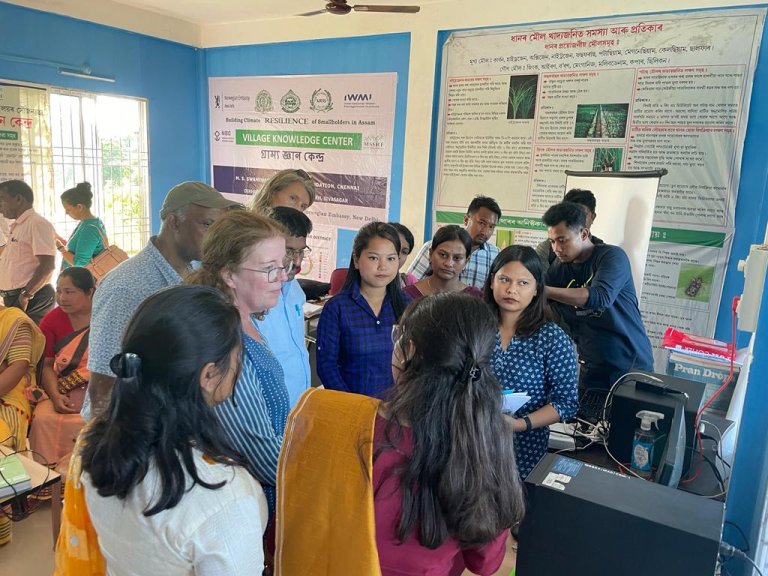
Gender and timely information exchange
Gender has been a top priority from the early stages of the Resilience project.
“Integrating both men and women in the climate initiatives is a must if we are to succeed in enhancing climate resilience on smallholder farms,” Dr. Nagothu says.
He also stresses the importance of timely information exchange, which in Resilience along with other projects has been made possible through ICT based Village Knowledge Centres.
“The Village Knowledge Centres we’ve established have helped develop farmer networks and enhanced adoption of climate resilient technologies in the Assam project areas through timely exchange of knowledge,” Dr. Nagothu says.
The plan for Resilience’s upscaling phase is to establish virtual Village Knowledge Centres to make it possible to connect with a larger number of farmers in areas outside the project districts.
“Stakeholder integration and support is one of the keys to successful upscaling of technologies in order to bring about wider climate adaptation and mitigation,” Dr. Nagothu says.
In Resilience, this is done through active engagement of stakeholders at the state level through the Stakeholder Advisory Committees.
Contacts

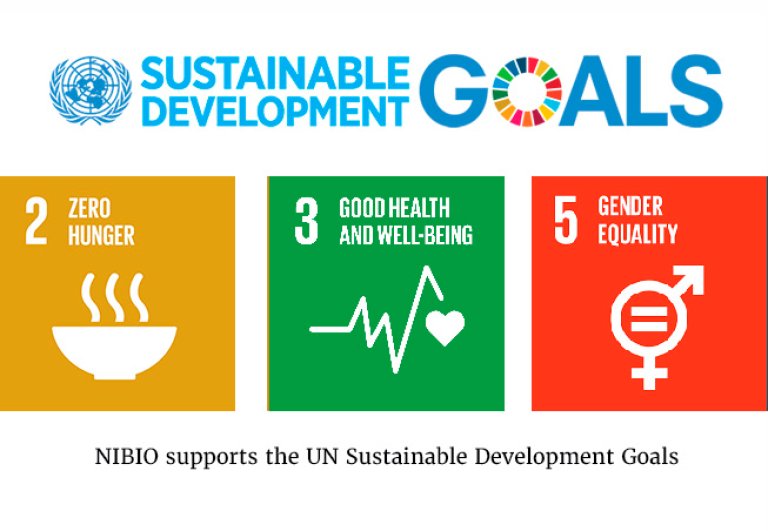
RESILIENCE PROJECT
RESILIENCE - Building Climate Resilience of Indian Smallholders through Sustainable Intensification and Agroecological Farming Systems to Strengthen Food and Nutrition Security.
Website: http://www.resilienceindia.org
Key outcomes and impacts
- Increased rice yield by 25-35%
- Increased household income by 35%
- Improved water productivity by 40 %
- Enhanced women participation by 40%
- Methane emissions reduction by 30%
Partners
- NIBIO - Norwegian Institute of Bioeconomy Research (Coordinator)
- AAU - Assam Agricultural University
- NRRI - National Rice Research Institute
- OUAT - Orissa University of Technology and Agriculture
- IWMI - International Water Management Institute
- MSSRF - M. S. Swaminathan Research Foundation
Total budget: 26.6 million NOK
Funded by: The Ministry of Foreign Affairs - the Royal Norwegian Embassy in New Delhi, India.
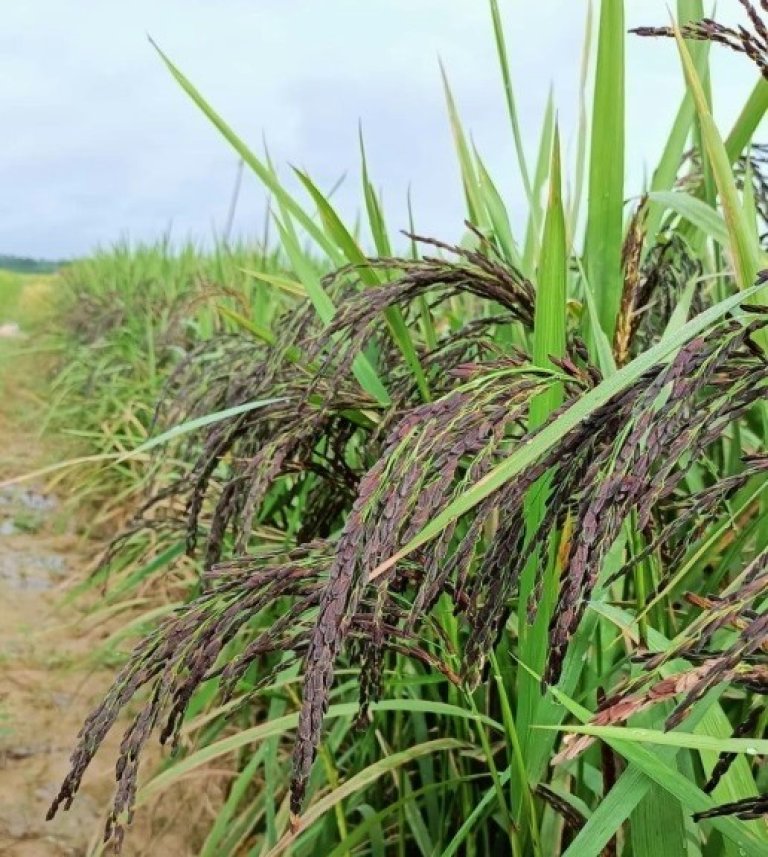
Contacts


